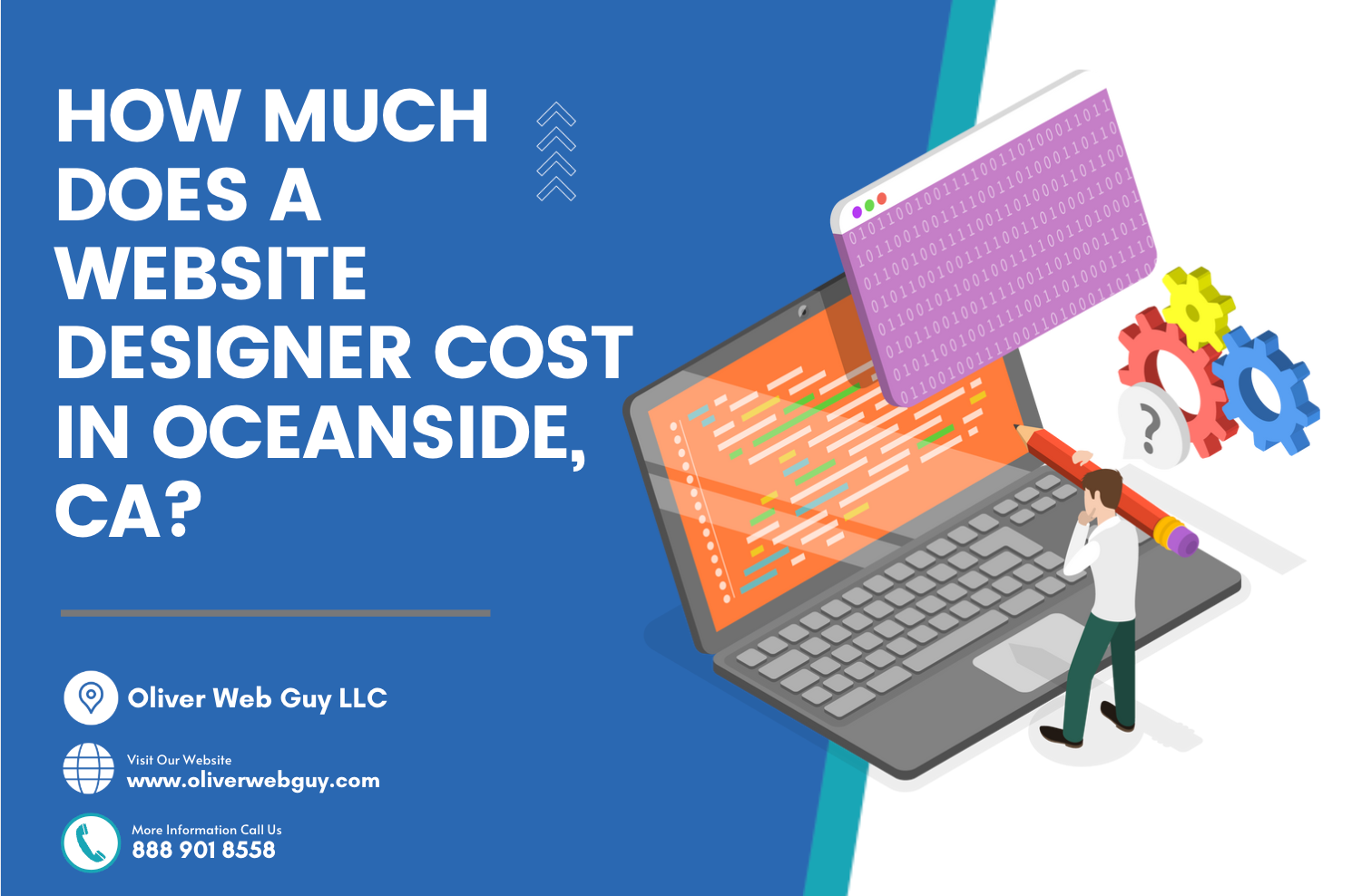How Do Algorithm Updates from Google Affect SEO Strategy?
How Do Algorithm Updates from Google Affect SEO Strategy?
In the ever-evolving world of digital marketing, search engine optimization (SEO) remains a crucial aspect for businesses to gain visibility and attract potential customers. However, keeping up with the constant changes in Google's algorithm can be a challenging task for even the most skilled digital marketers. In this comprehensive guide, we will discuss the impact of Google's algorithm updates on SEO strategies and provide actionable insights on how to create an SEO plan that is resistant to these updates.
Google Algorithm Updates: An Overview
Google's algorithm is the complex set of rules and factors that determine how websites are ranked in search engine results pages (SERPs). Google continuously updates its algorithm to improve the relevance and quality of search results and to penalize websites that use manipulative SEO practices, also known as "black-hat" techniques.
Some of the most significant algorithm updates in the past decade include Panda, Penguin, Hummingbird, Pigeon, Mobilegeddon, RankBrain, Possum, and Fred. These updates have targeted various aspects of SEO, such as content quality, link building, user experience, mobile optimization, and more. By understanding the impact of these updates, digital marketers can create SEO strategies that align with Google's best practices and remain effective in the face of future algorithm changes.
The Importance of User Experience in Google's Algorithm
One common theme across all Google algorithm updates is the emphasis on user experience. Google aims to provide its users with the most relevant, informative, and user-friendly websites in search results. Therefore, any SEO strategy that prioritizes user experience is more likely to be resistant to algorithm updates.
Here are some key aspects of user experience that should be considered in your SEO strategy:
Mobile Optimization
With the increasing number of users accessing the internet through mobile devices, having a mobile-friendly website is essential. Google uses the mobile version of your website for ranking purposes, so it's crucial to ensure that your site is optimized for mobile devices and provides a seamless user experience across all screen sizes.
User Engagement
High user engagement is essential for a successful SEO strategy. Websites with low engagement and high bounce rates may be perceived as untrustworthy or irrelevant by Google, resulting in lower rankings. To improve user engagement, focus on understanding the intent of your visitors and creating content that addresses their needs and expectations.
Page Speed
Slow-loading websites can lead to poor user experience, high bounce rates, and lower rankings in search results. Make sure your website loads quickly by optimizing images, leveraging browser caching, and minimizing the use of JavaScript and CSS files.
Website Design and Navigation
A well-designed and easy-to-navigate website is more likely to retain users and encourage them to explore your content. Ensure that your website's design is visually appealing, intuitive, and accessible across all devices.
The Impact of Google Algorithm Updates on SEO Factors
While the exact ranking factors used by Google's algorithm remain unknown, several factors have been identified through analysis and research. These factors are closely tied to the user experience and have been affected by various algorithm updates:
Content Relevance and Quality
High-quality, relevant content is essential for a successful SEO strategy. Google's Panda update, for example, targeted websites with thin, low-quality content and rewarded those with original, valuable content. Focus on creating content that addresses the needs and expectations of your target audience and avoids practices such as keyword stuffing and duplicate content.
Link Building and Quality
Google's Penguin update targeted websites that relied on manipulative link-building practices, such as buying links, participating in link exchanges, and using spammy anchor text. To build a robust and resistant SEO strategy, focus on acquiring high-quality, relevant backlinks from authoritative sources and avoid black-hat link-building techniques.
Mobile-friendliness
As mentioned earlier, mobile optimization is crucial for SEO success. Google's Mobilegeddon update emphasized the importance of mobile-friendly websites and penalized those that did not meet its mobile optimization standards. Ensure that your website is responsive and provides a seamless user experience across all devices.
HTTPS and Website Security
Google's algorithm favors secure websites with HTTPS URLs. Upgrading your website to HTTPS can improve its security, build user trust, and potentially boost your search rankings.
User Engagement Metrics
User engagement metrics, such as time on site, bounce rate, and click-through rate (CTR), play a role in Google's ranking algorithm. By focusing on improving user engagement, you can create a more resistant SEO strategy that aligns with Google's emphasis on user experience.
How to Make Your SEO Strategy Resistant to Google Algorithm Updates
By focusing on the key aspects of user experience and adhering to Google's best practices, you can create an SEO strategy that withstands algorithm updates. Here are some actionable tips for creating a resistant SEO strategy:
Stay Informed About Algorithm Updates
Keep an eye on news and discussions related to Google algorithm updates. By staying informed about the latest changes, you can make necessary adjustments to your SEO strategy and minimize the impact of updates on your website's performance.
Prioritize User Experience
As discussed earlier, user experience is at the core of Google's algorithm updates. By prioritizing user experience in your SEO strategy, you can ensure that your website remains relevant and valuable to your target audience and resistant to algorithm changes.
Focus on Quality Content
Creating high-quality, relevant content is the foundation of a successful SEO strategy. Make sure your content addresses the needs of your target audience, provides value, and is free from keyword stuffing and duplicate content.
Build a Strong Backlink Profile
Acquiring high-quality, relevant backlinks from authoritative sources is essential for a robust and resistant SEO strategy. Avoid manipulative link-building practices and focus on creating valuable content that attracts natural backlinks.
Optimize for Mobile Devices
Ensure that your website is optimized for mobile devices and provides a seamless user experience across all screen sizes. This will not only improve your website's performance in mobile search results but also make it more resistant to algorithm updates that prioritize mobile-friendliness.
Improve Page Speed
Optimizing your website's loading speed can significantly improve user experience and boost your search rankings. Use online tools to analyze your website's speed and implement recommended optimizations, such as compressing images and leveraging browser caching.
Secure Your Website with HTTPS
Upgrade your website to HTTPS to improve its security, build user trust, and potentially boost your search rankings. Obtaining an SSL certificate and installing it on your website's hosting account can change your URL to HTTPS and enhance your website's security.
Monitor and Analyze Your SEO Performance
Regularly monitor and analyze your website's SEO performance using tools like Google Analytics and Google Search Console. By keeping track of your website's performance, you can identify areas for improvement and make necessary adjustments to your SEO strategy.
Conclusion
While Google algorithm updates can be challenging to navigate, understanding their impact on SEO factors and focusing on creating a user-centric, high-quality website can help you create a resistant SEO strategy. By prioritizing user experience, creating valuable content, building a strong backlink profile, and optimizing for mobile devices, your website will be more likely to withstand future algorithm updates and maintain its performance in search results.
Partnering with a professional digital marketing agency that specializes in SEO can ensure that your website stays ahead of the game and keeps up with the ever-changing landscape of Google's algorithm updates. Consider working with an experienced SEO agency to develop and implement a resistant SEO strategy that aligns with Google's best practices and delivers lasting results for your business.











